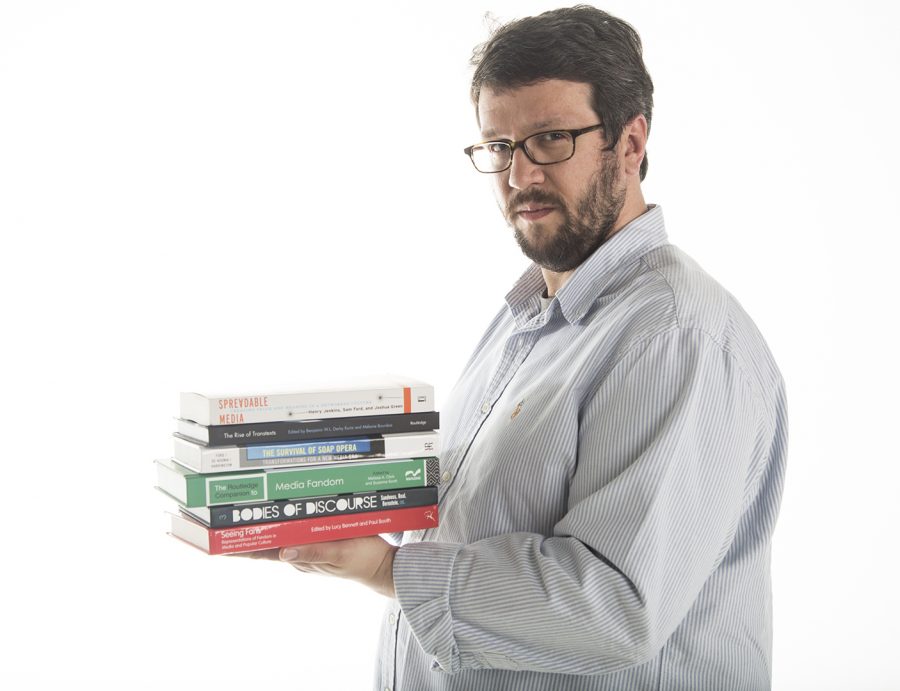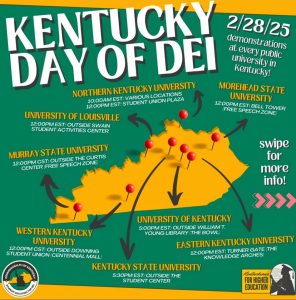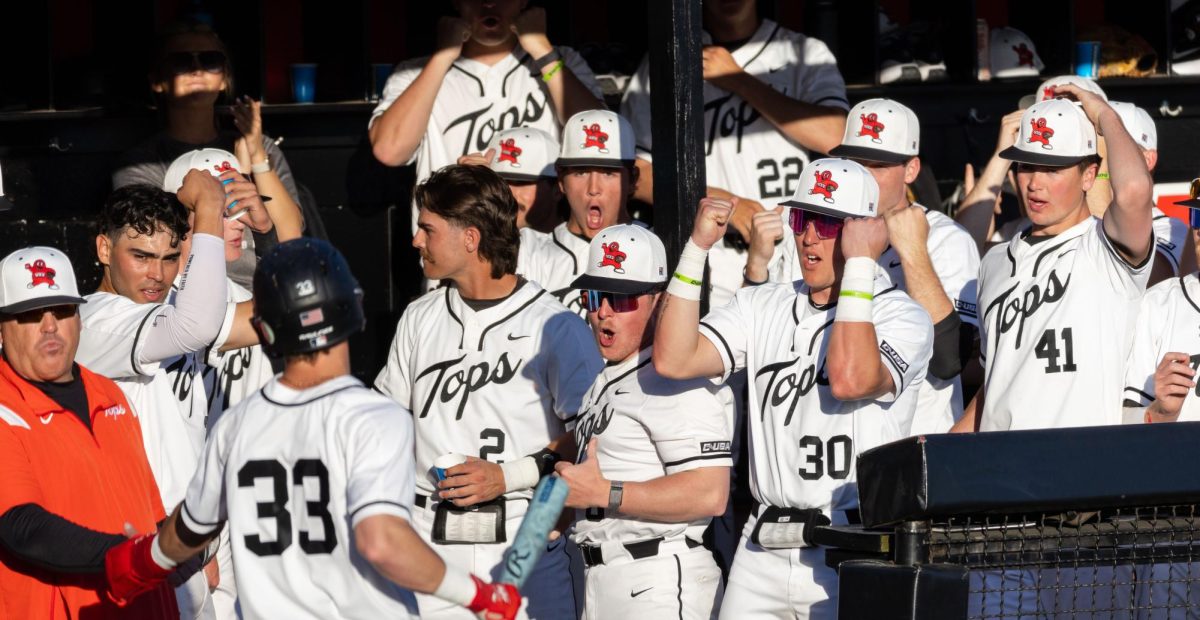Professional wrestling course to return to WKU
April 30, 2018
Next fall, WKU will offer a special topics class in the popular culture studies program. The subject matter of the course, POP 399: Professional Wrestling and Popular Culture, will allow students to grapple with American pop culture in ways they haven’t before.
The class will be taught by Sam Ford, a 2005 WKU graduate and adjunct instructor in the Popular Culture Studies program. During his time at WKU, Ford was an Honors student and did his thesis on professional wrestling. Ford has been a fan since he was a kid in the early 1990s, but said his interest in the sport’s scholarly potential began later on.
“When I came to WKU, it was a time where we talked about the changes in the media industry,” Ford said. “I was a journalism major, and while a lot of journalism students were trying to figure out their futures, I was fascinated by pro wrestling. I was watching it build new business models and really adapt well to a digital age, so I became interested in studying it further.”
Ford has taught courses on professional wrestling twice before at WKU, in the spring 2005 and fall 2014 semesters. In spring 2007, he also taught a version of the class at MIT while he was finishing his master’s degree. Ford said he is excited to teach the class, which will be very similar to its previous incarnations, for the first time in four years.
“The class will be looking at the recent history of American popular culture through the lens of pro wrestling,” Ford said. “We will have a set of readings every week that will be looking at wrestling from a variety of academic disciplines to help us better understand the industry. The goal is to use wrestling as a semester-long case study to understand how pop culture works.”
Ford’s class will meet once a week on Monday evenings in Jody Richards Hall. Each session will begin with a lecture that lasts from 3 to 5 p.m. After a 30-minute dinner break, the course’s built-in viewing lab will last from 5:30 to 8:15 p.m. Ford said that similar classes in film studies inspired him to have a weekly viewing lab packaged with this course.
“It’s hard to study and talk about pro wrestling without watching pro wrestling performances,” Ford said. “Our time in the viewing lab will mostly be spent watching wrestling matches and discussing how the performance has changed over time. In that way, it will be very much like studying any type of performance art.”
Many students who have taken Ford’s classes in the past had no prior experience with pro wrestling, which was fine with him. Ford said that having a diverse group of students is one of the things he enjoys most about teaching the professional wrestling class in particular. His main hope is that this upcoming offering will attract students from many different majors around WKU.
“If you are studying popular culture, it might be something that fits into your major course of study,” Ford said. “It could also just be an interesting elective for people who come from a major that’s far field from wrestling. In the past, students have brought their own areas of expertise to bear on this common thing, which has made the class very interesting.”
White House, Tennessee, sophomore Rachel Tidwell said she would not be interested in taking this course next semester because her major, corporate and organizational communication, does not allow her much flexibility for extra electives. However, she had positive things to say about WKU offering a course on professional wrestling.
“I think it is great that WKU would branch out and have a class on professional wrestling,” Tidwell said. “College should be about studying fun and cool things students are interested in besides just purely academic subjects. Pop culture is a huge part of people’s lives, and I believe it would be entertaining to learn about the depth of this brutish form of entertainment.”
Connor Frederick, a sophomore social media marketing major from Barbourville, has had Ford as a teacher in the past. He took Introduction to Popular Culture with Ford his freshman year. Frederick said he is very interested in taking this course not only because he is a life-long professional wrestling fan, but because he enjoyed Ford’s teaching style.
“I really enjoyed my time in his class because his classroom is open to ideas and opinions,” Frederick said. “I always looked forward to our open discussions and the interesting examples he used. As a previous student, I would recommend this course to anyone because you can implement knowledge of how pop culture works into whatever field you may be going into.”
Ford has been writing and speaking about what can be learned from studying professional wrestling for years, and he said that he has faced some criticism along the way. On his personal blog, one man called MIT offering a class on professional wrestling “the undisputed end of higher education.”
Despite some negativity, Ford’s professional wrestling classes have also been mentioned in lists from BuzzFeed and Mental Floss about intriguing college courses. The class’ crowning achievement came on July 9, 2014, when it was the answer to a question on “Jeopardy.”
To Ford, the attention his classes have gotten in the past shows that pro wrestling is often hard for people to wrap their heads around, which means it should be thought about and critically examined rather than marginalized. Ford said he hopes to show students how they can utilize something they likely do not take very seriously to further their knowledge of pop culture.
“If a lot of people spend their very fleeting spare time watching men and women oil their bodies up and pretend to hurt each other, that’s fascinating and worth studying,” Ford said. “Our culture is facing questions that go far beyond the ring, but pro wrestling can be used to help understand very serious topics, such as racial stereotypes and representation of women in the media.”
Features reporter Drake Kizer can be reached at 270-745-2653 and clinton.kizer287@topper.wku.edu. Follow Drake on Twitter at @drakekizer_.

















